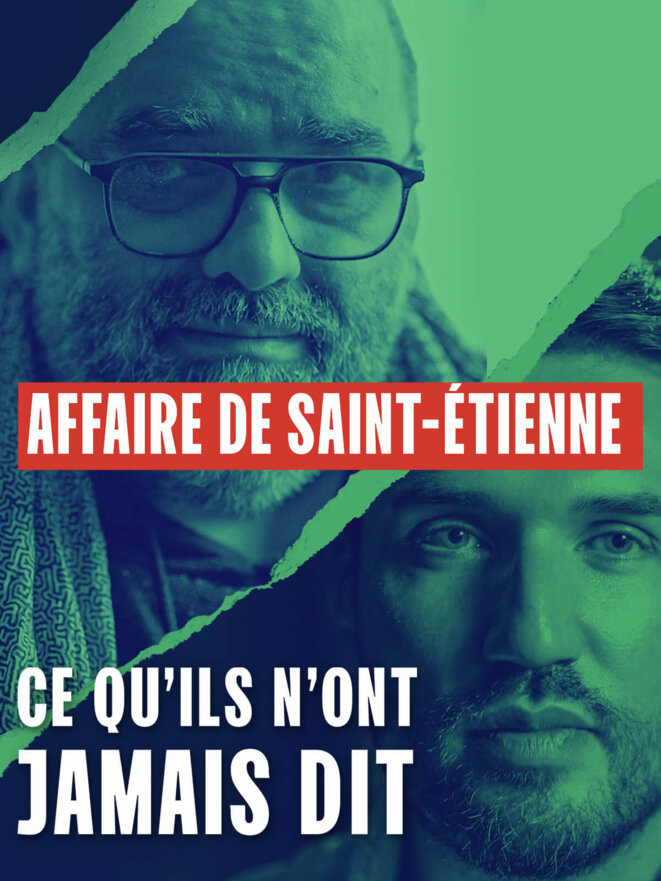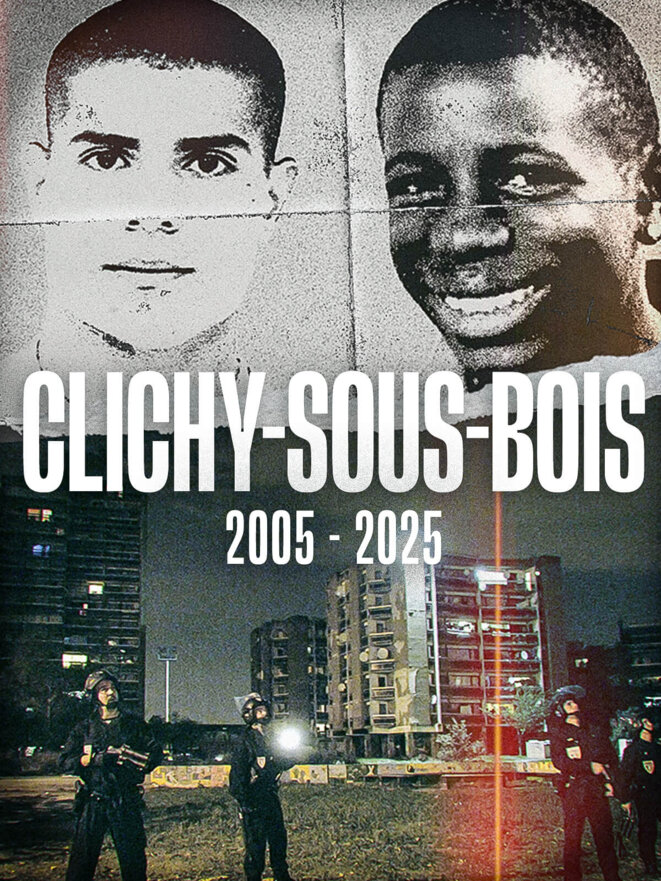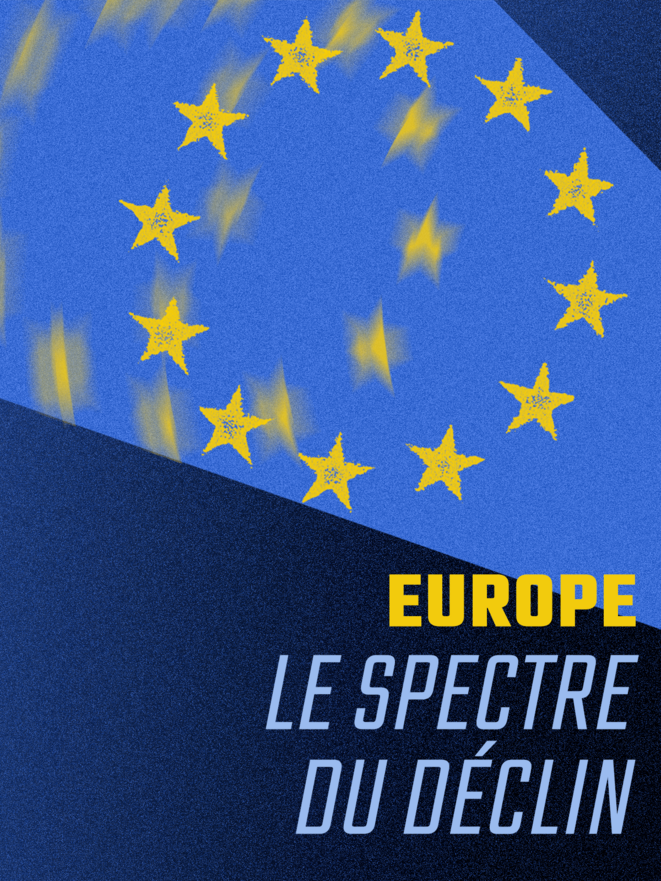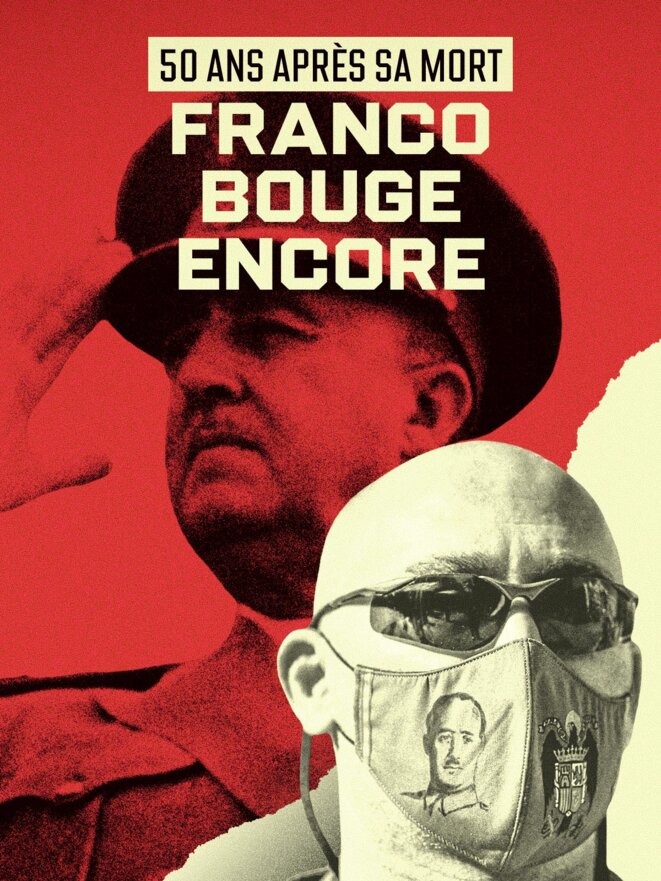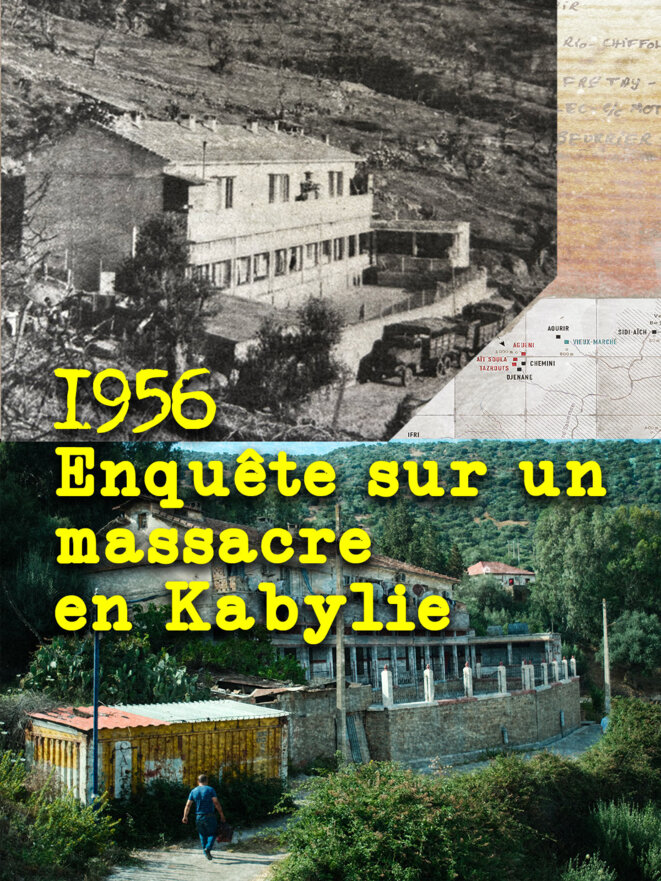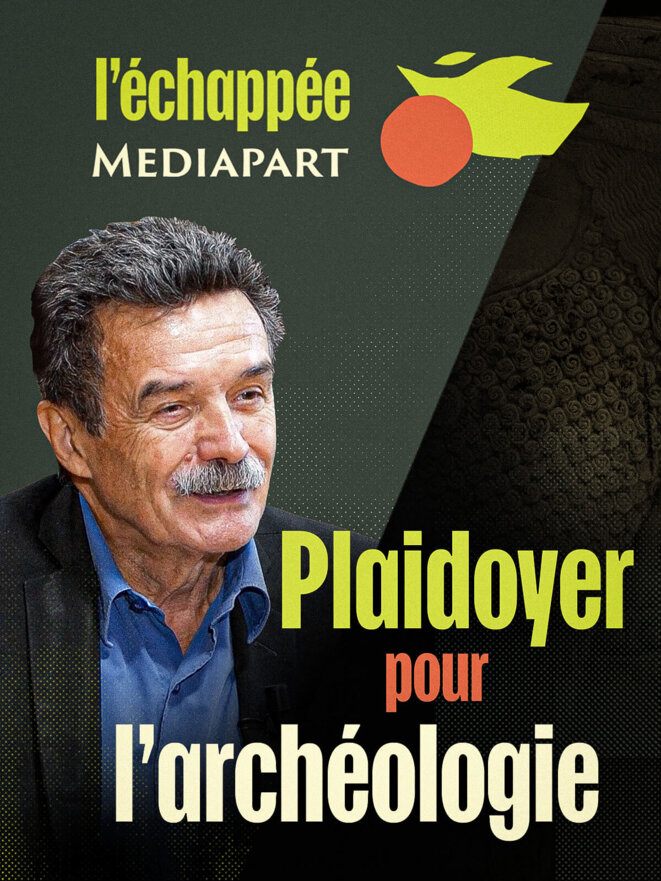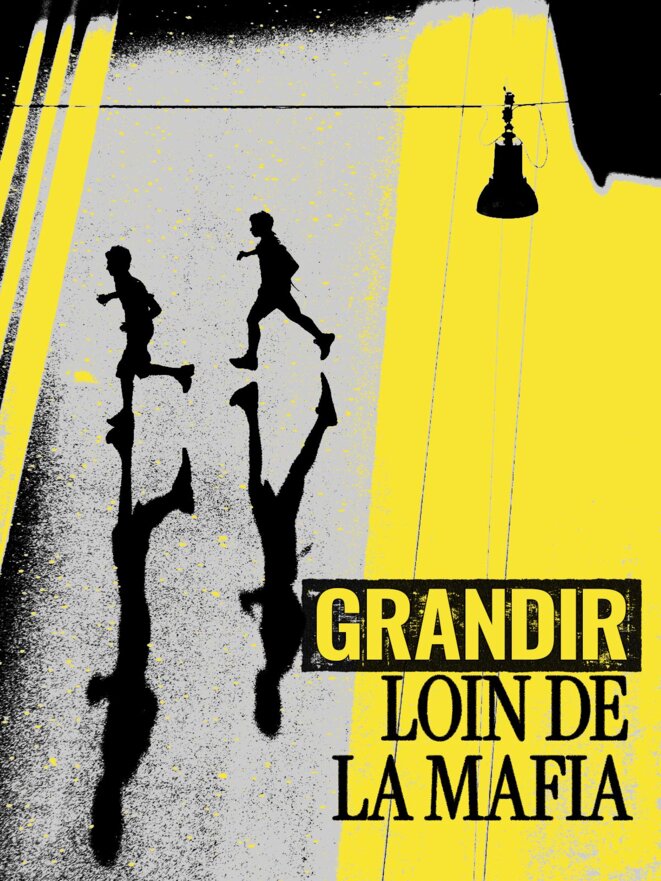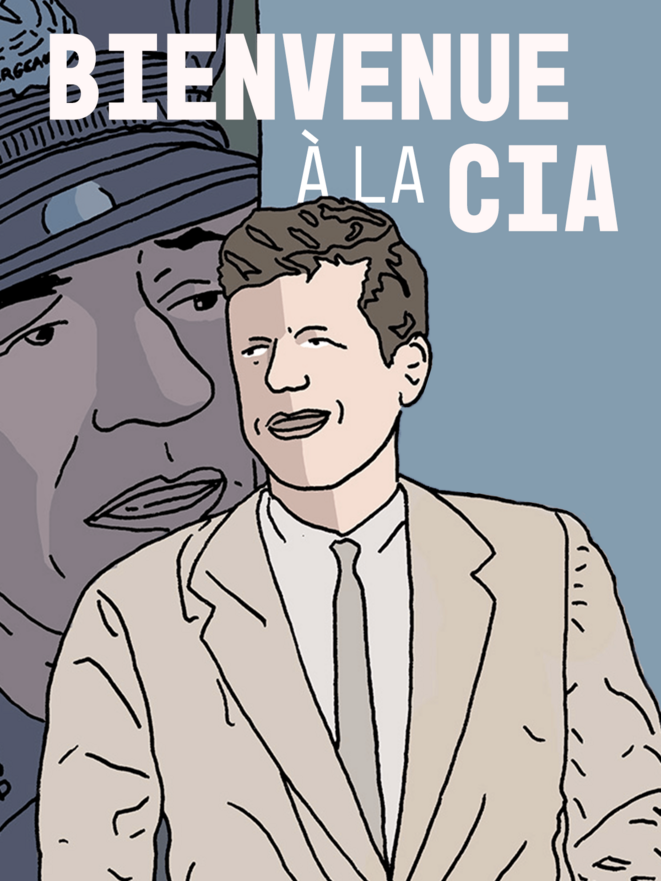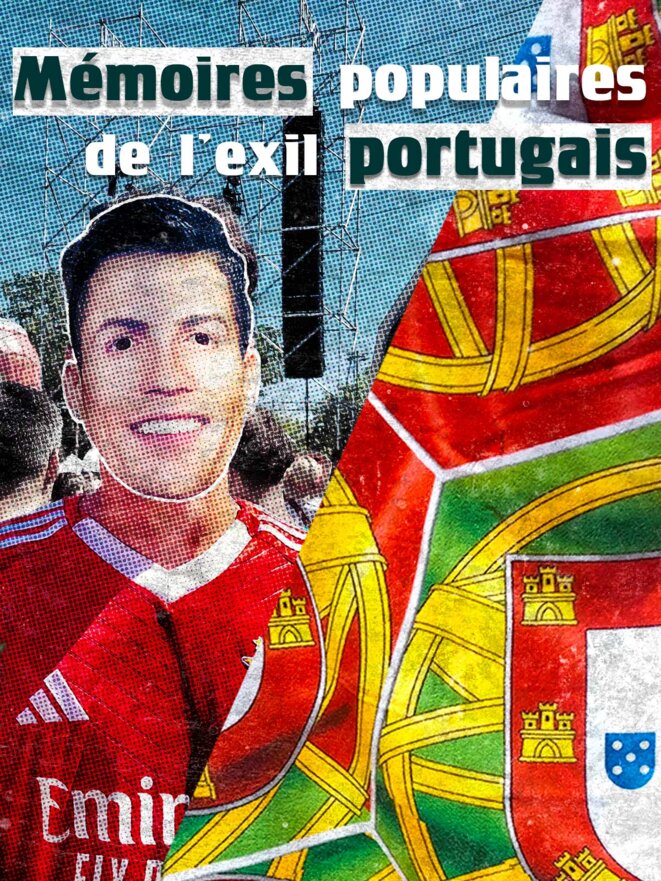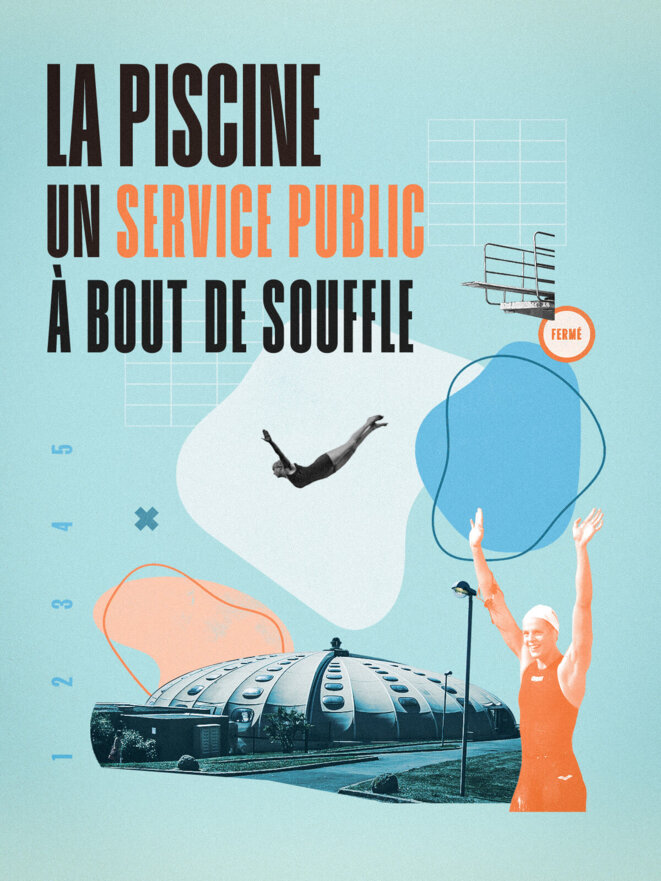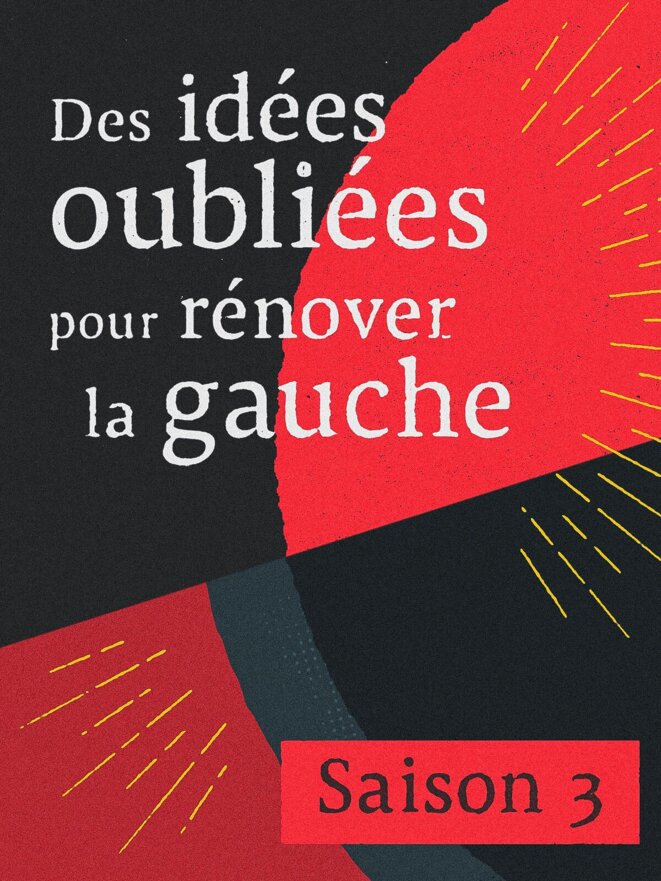There will be no photo. Nora is categorical about that. "Haven't you understood? I dont want people to focus on the veil," she chides. "Listen to what I say. Here's what I'll tell your readers: don't judge me by the way I dress."
Nora is 30 years-old and wears a hijab, a traditional headscarf that covers the hair1. "Under my headscarf, I have skills, but no one is interested in them. Yet I'm outgoing, I put on a smile, I make conversation. I'm not an alien from outer space! I go to the loo just like everyone else."
Nora says she was 'reconverted' to Islam. As a teenager, she didn't pray, she "back-talked", "hurt people" and "kept secrets". Rather than following Islam, "her parents, immigrants from Algeria, lived "in a backward traditional fashion," she says. As a teen, in La Courneuve, she associated with "a pseudo-feminist group" where she was told to "Get out of the house" and "Don't follow Ramadan".
"I was taught to renounce religion", she says. "We were told that Muslim women were locked up, beaten, raped. We were brain-washed. I was totally anti-Islam," she says. Her parents didn't care. They trusted the group's chair, an Algerian woman "who claimed to be Muslim".
At 16, Nora had a group of friends and her parents were fairly permissive. But she started having doubts when her uncle was a victim of the GIA2 in Algeria. "Why do people kill in the name of Islam?" she wondered. At the same time she witnessed traditions that kept women shut up inside the home. She asked her mother "Where does it say that a woman can't speak to a man? Where is that in the [sacred] texts?" Her mother didn't have the answer.
At the Assas Law School (University of Paris II) she found herself in a minority. "There were four Muslims in the amphitheatre. It was the first time I was confronted with my roots," she says. She met a young Muslim woman who "spoke lovingly of religion". She advised Nora to "find out about Islam, it's not what you think. Those who killed your uncle have corrupted the religion."
-------------------------
1: The French use veil and headscarf interchangeably but most often they mean headscarf or hijab. The authorities estimate that 2,000 women in France are actually veiled.
2: Armed Islamic Group (GIA), established in Algeria in 1992 to support the FIS (Islamic Front for Salvation): after the FIS had won the first round of legislative elections in December 1991, the Algerian army stepped in to prevent it winning the second ballot. The FIS was dissolved in January 1992 and the GIA was created. Ten years of bloody civil unrest ensued.
'It's up to me to define freedom, not society'
Nora accepted the advice and started gathering information; she went to talks by Tariq Ramadan. "Contrary to what many believe," she argues, "he opens minds more than he closes them. He encourages women to study science, to not be victimised, to make their place in the world."
Escaping from the weight of tradition wasn't easy. "My parents are illiterate. They have never been able to read the [sacred] texts, they couldn't check things out for themselves. I wanted to form my own opinion. I was a Muslim but I didn't know Islam. I discovered that it is a wonderful religion, full of wisdom, of patience and of peaceful solutions," she explains.
She became a practising Muslim, went to classes at an Islamic Studies Institute in nearby Aubervillers and became interested in Sufism. At 26, she decided to wear a headscarf. "I dreamed that I was wearing it. Like many people, I belong to the [Sunni] Malekite rite1. I studied four legal opinions. Most of them talked about a simple headscarf. It's the same principal as prayer, it is a request from God, just like prayer. If you don't do it, it isn't the end of the world but it is an instruction. I decided that those who love me wouldn't reject me over a piece of cloth," she says.
Asked what she would have done if the legal opinions had recommended a burqa or niqhab, Nora hesitates. "That's impossible. Islam is a religion that seeks a happy medium," she says before lapsing into silence. Then she picks up; "But if that had been the case, I would have put it into context. The face tells it all. The burqa takes away a person's identity. The simple hijab is convenient for the society in which I live. I wouldn't want a veil that sets me apart. But I respect the choice of those that do wear the niqhab and defend their right to do so."
Freedom is a word Nora uses often. "My headscarf is a gateway to freedom, the opposite of the alienation that people imagine. For me, freedom isn't about wearing make-up or being a size three. No, I define freedom in my own way. It's not up to society to define it for me as long as I respect other people's," she argues.
-------------------------
1: Majority rite in France.
'I'm fed up with being told to integrate'
Nora married at 27, with a Muslim, one year after she began wearing a headscarf. She met her husband at a Christian/Islamic forum organised by the priest of La Courneuve. She's the one who asked him to marry her. "I asked him a series of questions. I told him everything I wanted to do: have a job; practice sports and dress as I like. I found out about his views on child rearing. There were no red flags," she explains.
They have since had two children, the youngest was born four months before the interview. In the middle of our meeting, she turns partially away and, very relaxed, breastfeeds her child while continuing to speak of the past. She suddenly remembers the man who spat on her in the street when she was taking a first aid exam and who told her to "go on home with your veil". She'd smiled and gone home. "I don't waste time on ignorant people," she says. "Then she admits that "I was shocked. I told myself that the next time I would file a complaint."
The next time was at La Salpêtrière, a Parisian public hospital where she went to be treated for a toothache. The dentist greeted her with a curt, "Take that off", she recalled. She said she retorted "Why should I? I'm not at the hairdresser's, I'm here to have my teeth cared for". The dentist told her to leave and she departed in tears. But then she went back and demanded to see his supervisor. She also asked for the hospital's charter and wanted to know which regulation banned wearing a headscarf. Her requests remained unanswered. Undaunted, she sent two letters to the National Medical Board and one to the Halde (High Authority for the Struggle Against Discrimination and for Equality), and has since been notified that the dentist was reprimanded.
Nora's twin sister had a similar headscarf experience at the ANPE (National Employment Agency). She too fought back. "We're not in school, here!" she'd said. Nora picks up the argument; "When our parents Fatima and Mohammed worked as office cleaners, nobody asked Fatima to take off her headscarf. But when you reach a certain social level, it becomes a problem. If you work in the back room, it's OK but it's not OK if you're on display, out front.
Becoming a school teacher was Nora's goal. But on the day of the final, oral exam for admission into the profession, she was wearing a headscarf. She refused to remove it because there is no law requiring her to do so. She tried to explain, she says, that she had not come to proclaim "Allahou akbar"1 but that she wanted to participate in society and to live in harmony with others. She failed the exam and is still persuaded it is because of her 'accessory'. While she says it's a pity that things turned out that way, she claims to be ready to sacrifice her professional life in favour of her freedom because "it's more fundamental".
She has since created a business which allows her to give classes from home. She is happy. She doesn't wake up each morning wondering if her headscarf will pose a problem.
"It's only a question of time before we're accepted," she believes, adding; "I dress like a Frenchwoman, I have an Islamic headscarf, not a head-to-toe veil like the Saudis. Stop throwing our roots back in our faces." After sitting beside her in silence throughout the interview, Nora's mother suddenly winces. Nora snaps back: "Listen, Maman, that's just the way it is. In Algeria they see me as French. So, over here, I am fed up with being told to integrate."
-------------------------
1: A phonetic translation of the Arabic phrase 'Allah is great'.
English version: Patricia Brett
Introductory report to this series: Seen from La Courneuve




